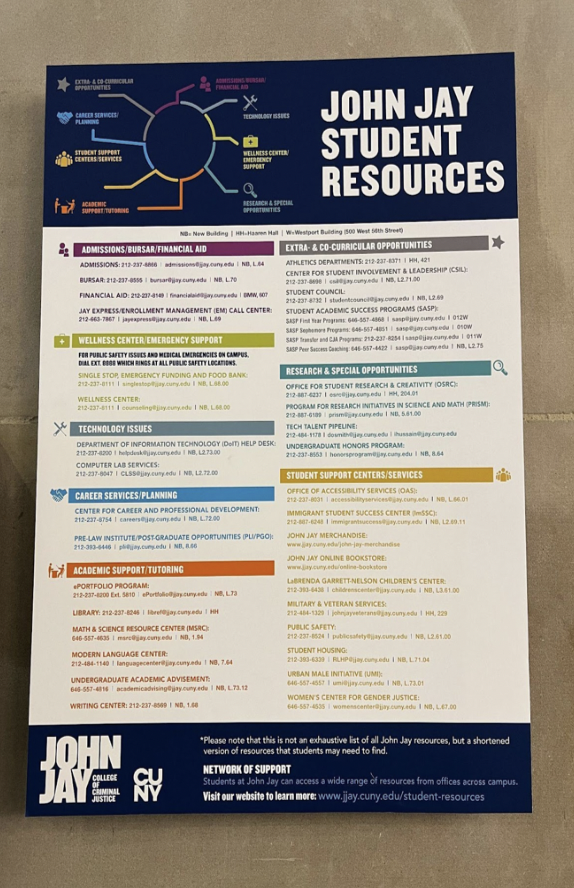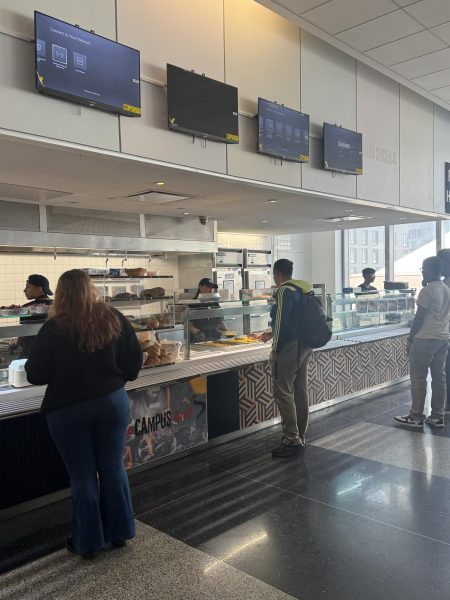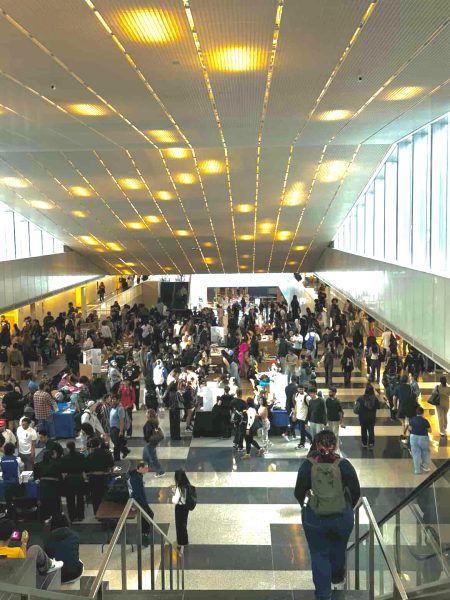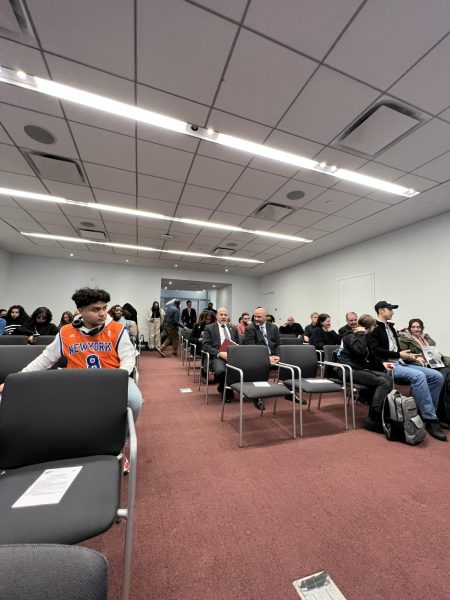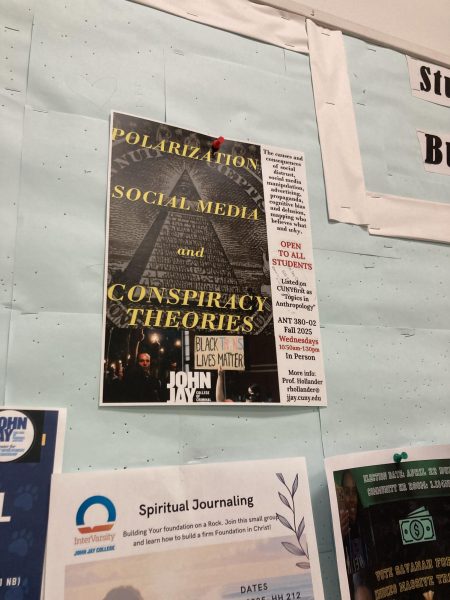The Disconnect Between the Student Body and Resource Centers
Finals week was fast approaching when Rachel Leach realized she must pick up an extra shift to make just enough for the month’s rent. Leach knew piling on another responsibility would hinder her from studying. As Deadlines grew near, Leach grew increasingly overwhelmed. She’d never felt more isolated and burnt out and felt there was nowhere to go for help. Leach couldn’t help but think, ”Must I give up my degree to support my family?
Since CUNY’S reopening in 2021, students have felt overwhelmed financially, emotionally, and academically while navigating post-pandemic environments. They feel disconnected from their campus and are unsure where to go for help.
Camelia Achury, a SASP peer success coach, notices that her mentees are hesitant to seek help.
“I want students to rely on me as a resource,” said Achury. “But, unfortunately, only a select few students are utilizing resources. I feel many people will benefit from them.”
Leach, a forensic psychology major and busy mother, depends on the John Jay resource centers for all-around assistance. She no longer feels the stress of juggling a family and a degree, thanks to the aid of academic and student support centers. Leach feels at home when having meals provided by the Wellness Center or drops by the Office of Accessibility Services when she needs a safe environment for testing.
The disconnect is apparent. Despite countless emails and outreach events, Leach believes students still need much clarification about many of the resources John Jay provides.
“Promotion needs to be out more; there need to be big signs about this information everywhere,” Leach said.
Similarly, Lizeth Baltazar, a freshman adjusting to college, claims that being bombarded with countless emails and event invitations is more overwhelming than insightful. Still, she wishes there was a more effective way for staff to explain the purpose of each service.
Jessica Greenfield, a counselor of the Women and Gender Justice Center, recognizes that faculty should be taking more action to make the student body aware of the services.
“It’s the responsibility of the staff and administration to do a better job in making sure that students understand what their rights are and the resources we provide,” said Greenfield.
A student wandering around L2 might need clarification on each center’s services. Need to sharpen up your grammar skills? Book a workshop with the Writing Center on Navigate. Want to stand out to top employers? Book an appointment with the Center for Career and Development to develop a solid resume. Are you feeling blue? The Wellness Center has faculty on hand, ready to talk.
Students should be aware of the confidentiality policy within the counseling services. Federal and state laws prohibit administrators and counselors from disclosing any information to a parent or faculty without your written consent. However, the counseling services will make exceptions if you present as a danger to yourself or others, if the government has subpoenaed your records, or if you are experiencing abuse.
Gerard Bryant, the Director of Counseling Services, emphasizes how the Wellness Center greatly prioritizes confidentiality and respect within each consultation. Bryant wants to remind students that staff will handle their issues with utmost care and discretion if they come with a mental health struggle or food insecurity.
The Women and Gender Justice Center approaches students’ issues with similar care.
“The thing I want to clarify is that the Women’s Center is a confidential space,” said Greenfield. “I know it can be hard to ask for help, but it is an incredibly brave thing to do, and we are here to support you.”
Aside from counseling, the centers are places where students can exercise their networking abilities among peers and faculty.
Additionally, Jessica Greenfield welcomes students to her resource center to use the inclusive environment.
“The Women’s Center is a great space,” said Greenfield. “I love walking through there and seeing people hanging out, and it’s a great place to study.”
Many students know the centers host many interactive events and workshops.
For example, the CCPD hosts career and internship fairs for John Jay students to network with top employers. The Math and Science Resource Center holds exam reviews and ALEKS help workshops. In addition, the Women and Gender Justice Center welcomes students to stop by the lounge and utilize the space to socialize or study.
Kristina Simonsen, Associate Director for Employee Relations at the Center for Career and Professional Development, urges students to strategize a career game plan with help from them.
“We don’t bite,” said Simonsen. “At any class level, I want you here as a freshman, I don’t want you here as a graduating student, and you need to find a job; it’s competitive right now. So I want the students to feel comfortable coming to the career center for this support and guidance.”


